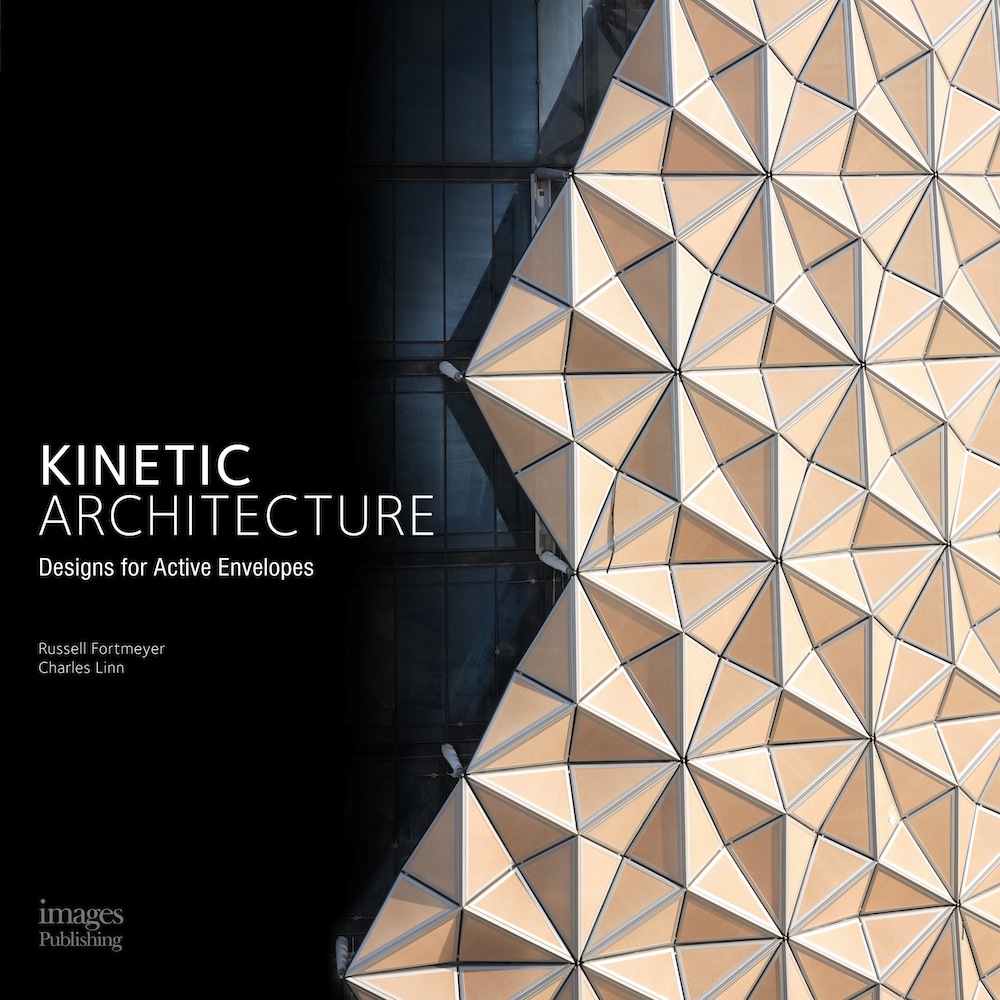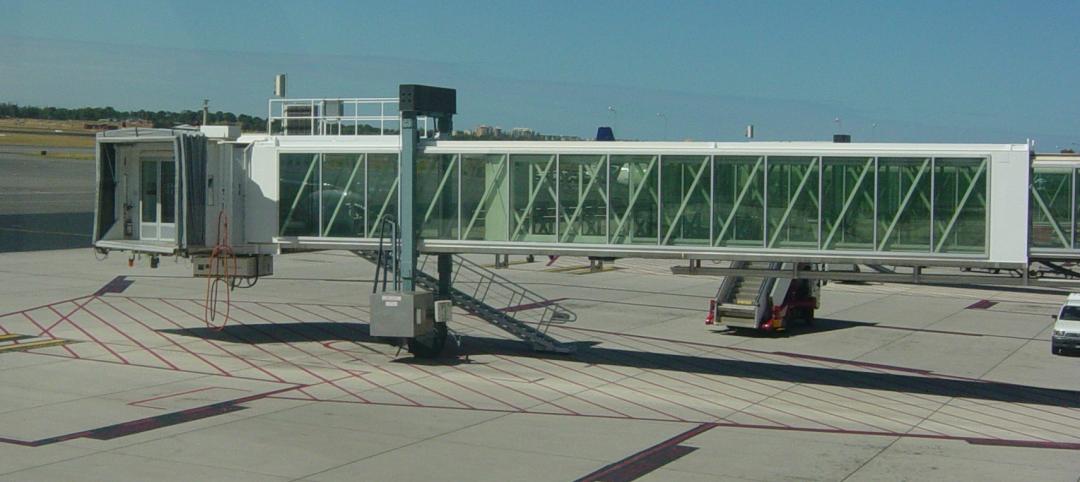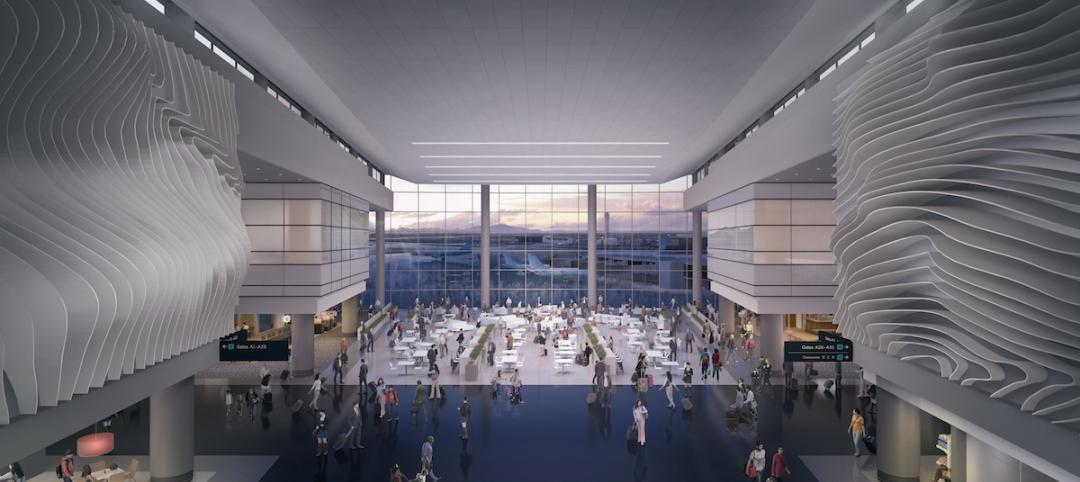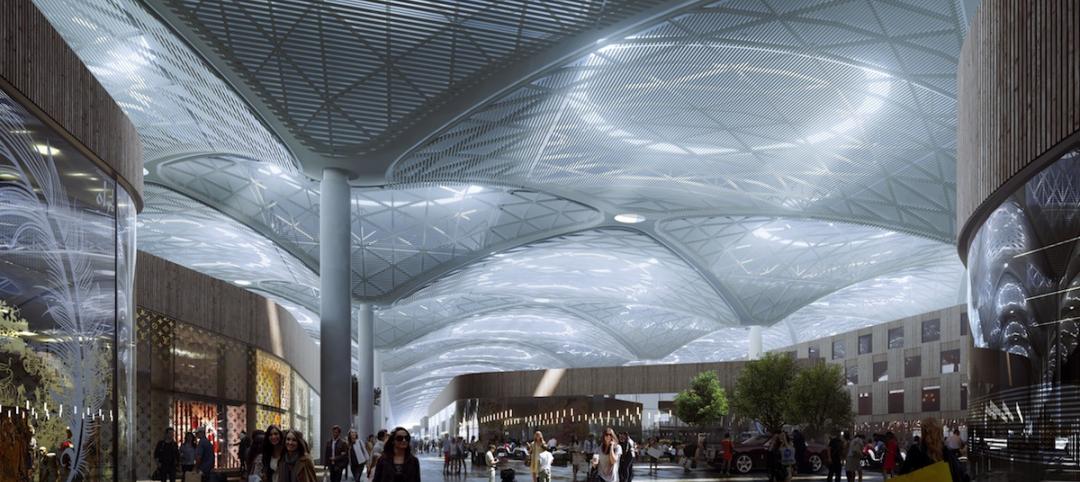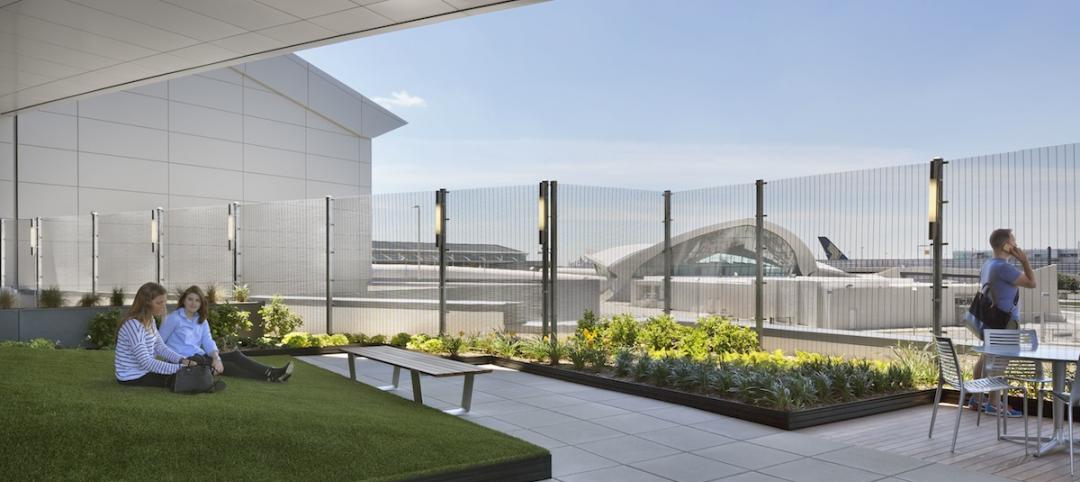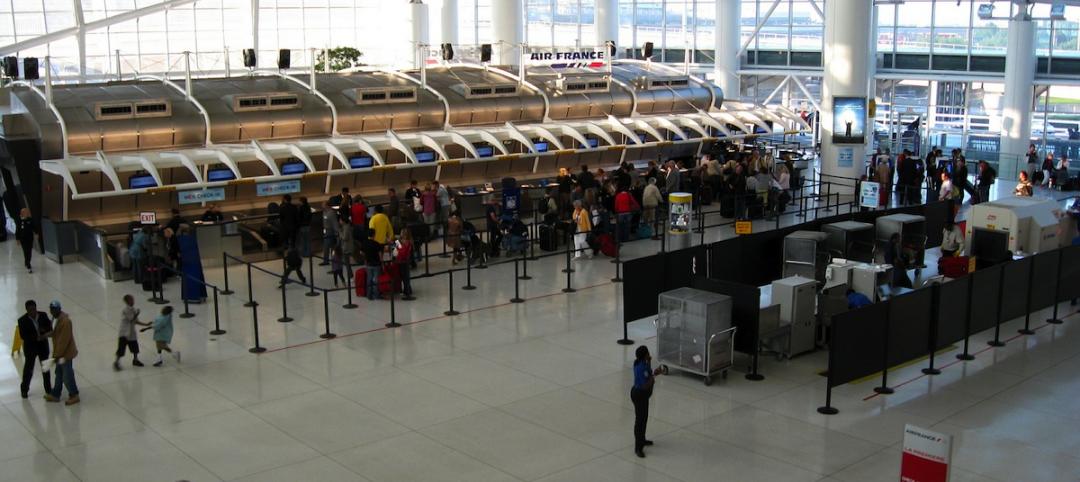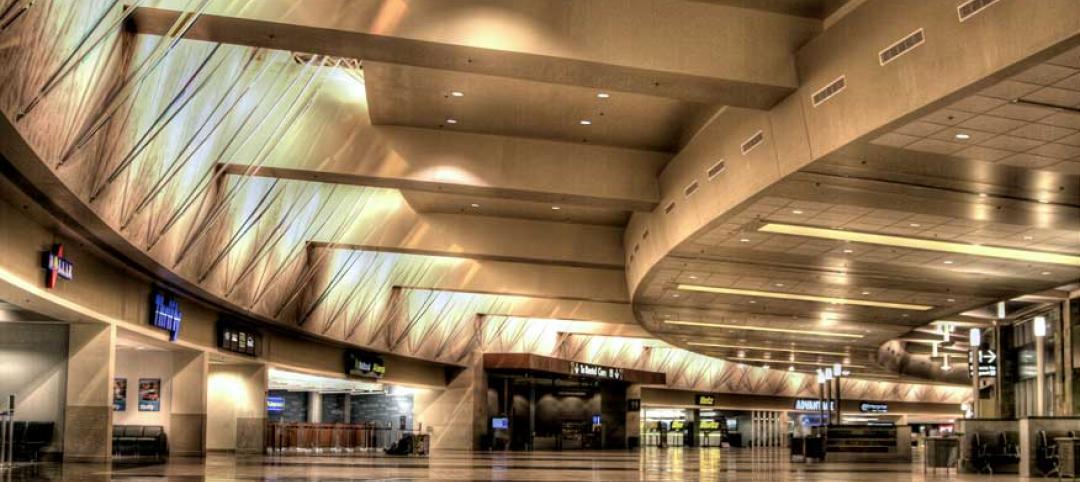Arup has announced that Russell Fortmeyer, LEED AP, BD+C, an associate in Arup's Los Angeles office, has co-authored a book on kinetic architecture with industry expert Charles Linn, FAIA, an architect who has specialized in architectural journalism for more than 25 years. Kinetic Architecture: Designs for Active Envelopes was published in April by Images Publishing Dist Ac. The foreword is written by well-known German architect Christoph Ingenhoven.
The Scottish architect and professor Alan Dunlop, in his review in the April issue of 'The Architects Journal,' wrote that the book succeeds as it "explores in a comprehensive and rigorous manner how contemporary architects have reacted to escalating international concern over the use of natural resources and climate change by modulating their designs to consume less energy, perform better and respond to site context."
The book is focused on facades as the intersection of energy and human comfort, as well as aesthetics, with a detailed exploration of the historical use of facades as dynamic building elements. The book illustrates the various ways architects, facade consultants, and engineers approach energy and comfort by manipulating air, water, and light through the layers of passive and active building envelope systems.
Common techniques include shading strategies, such as high-performance operable blinds, double-skinned facade systems that create an active thermal barrier with accommodations for seasonal adjustments, and the simple practice of installing lift-and-pivot replacement windows. It also explores radically new ideas in facade technology, such as hydronic shroud systems that run water through porous ceramic pipes to create an evaporative cooling effect blanketing a building's exterior. Most examples are geared at reducing solar heat gain in buildings in warm climates, or reducing heat loss in colder climates.
"This book is meant to illustrate that dynamic approaches to high-performance design are more common than one might think, and that it's not out of the question for designers of projects large and small to consider these systems," said Fortmeyer. "The applications discussed within the book apply to a range of building projects, from highly sophisticated technically advanced buildings to those with an almost do-it-yourself aesthetic."
The main objective of Kinetic Architecture is to explore innovative design and construction practices that promote energy efficiency, cost effectiveness, and comfort. It discusses the trend towards energy and facade consultants becoming a single role, embracing a belief that the building envelope is increasingly the key component for delivering energy efficiency for buildings.
It also identifies the emerging market for controls, sensors, and dynamic building systems that place kinetic facades within reach of a variety of architectural projects, with a conclusion that considers future developments in facade technology that consider energy generation, water purification, and other responses to pressing need for environmental sustainability.
Related Stories
Airports | Dec 4, 2015
National Fire Protection Association drops ban on glass boarding bridges
U.S. airports can now use more aesthetically pleasing building-to-plane links.
Airports | Oct 30, 2015
HOK designs new terminal for Salt Lake City International Airport
The $1.8 billion building will have floor-to-ceiling windows, a spacious central "Canyon," and energy-efficient systems. It will open in 2020.
Airports | Oct 5, 2015
Perkins+Will selected to design Istanbul’s 'Airport City'
The mixed-use development will be adjacent to the Istanbul New Airport, which is currently under construction.
Airports | Sep 30, 2015
Takeoff! 5 ways high-flyin' airports are designing for rapid growth
Nimble designs, and technology that humanizes the passenger experience, are letting airports concentrate on providing service and generating revenue.
Airports | Sep 23, 2015
JFK Airport's dormant TWA terminal will be reborn as a hotel
After 15 years of disuse, the Googie architecture-inspired TWA Flight Center at New York’s John F. Kennedy International Airport will be transformed into a hotel. Gizmodo reports that the city’s Port Authority chose a renovation proposal from Jet Blue this week.
Giants 400 | Sep 17, 2015
AIRPORT SECTOR GIANTS: KPF, Hensel Phelps, Jacobs top rankings of nation's largest airport terminal sector AEC firms
BD+C's rankings of the nation's largest airport terminal sector design and construction firms, as reported in the 2015 Giants 300 Report.
Airports | Aug 31, 2015
Surveys gauge users’ satisfaction with airports
Several surveys gauge passenger satisfaction with airports, as flyers and airlines weigh in on technology, security, and renovations.
Airports | Aug 31, 2015
Small and regional airports in a dogfight for survival
Small and regional airports are in a dogfight for survival. Airlines have either cut routes to non-hub markets, or don’t provide enough seating capacity to meet demand.
Airports | Aug 31, 2015
Airports expand rental car facilities to ease vehicular traffic at their terminals
AEC teams have found fertile ground in building or expanding consolidated rental car facilities, which are the No. 1 profit centers for most airports.
Airports | Aug 31, 2015
Experts discuss how airports can manage growth
In February 2015, engineering giant Arup conducted a “salon” in San Francisco on the future of aviation. This report provides an insight into their key findings.


